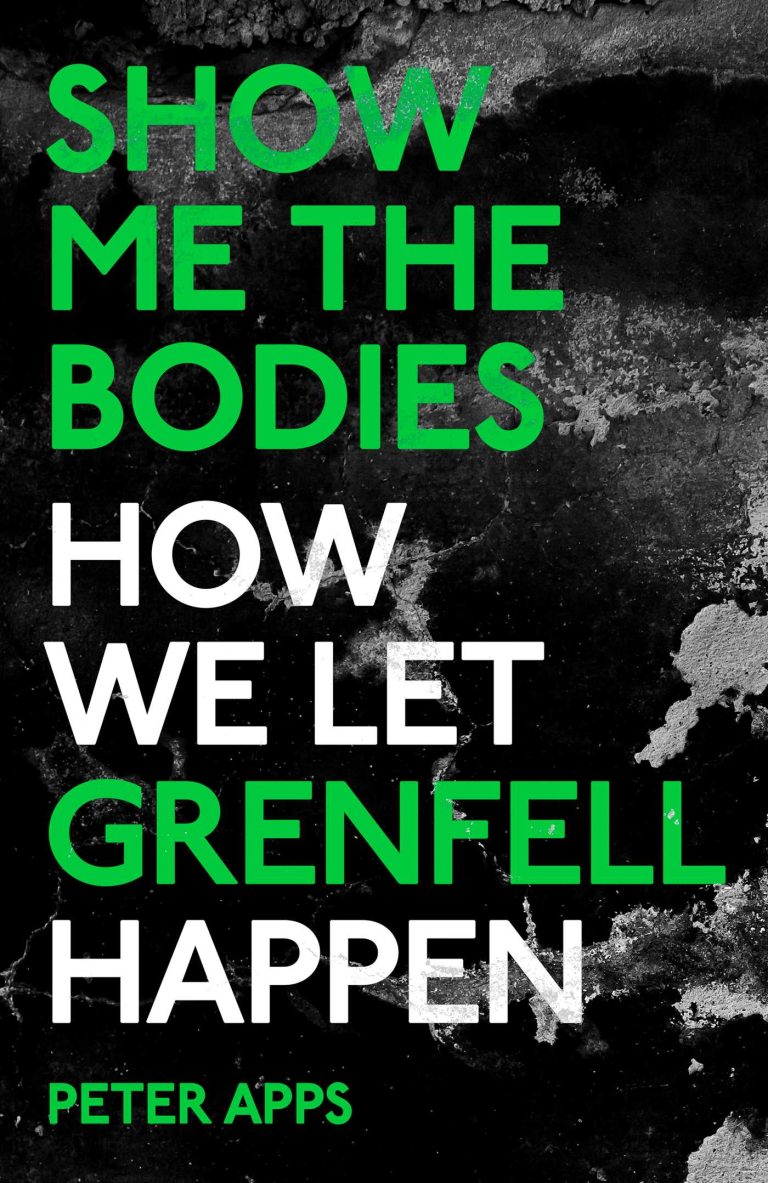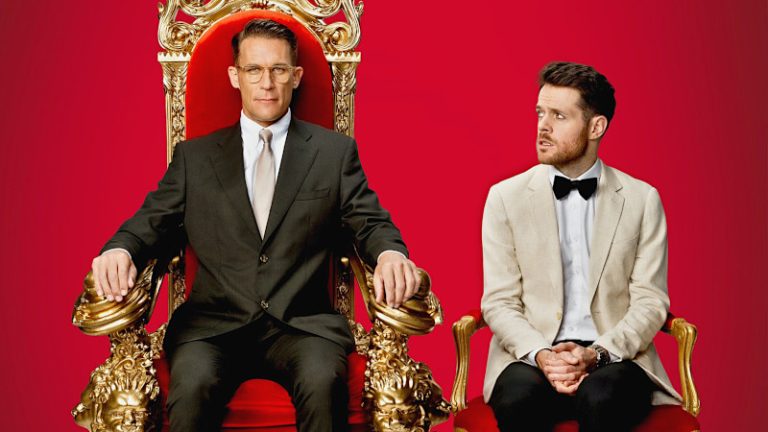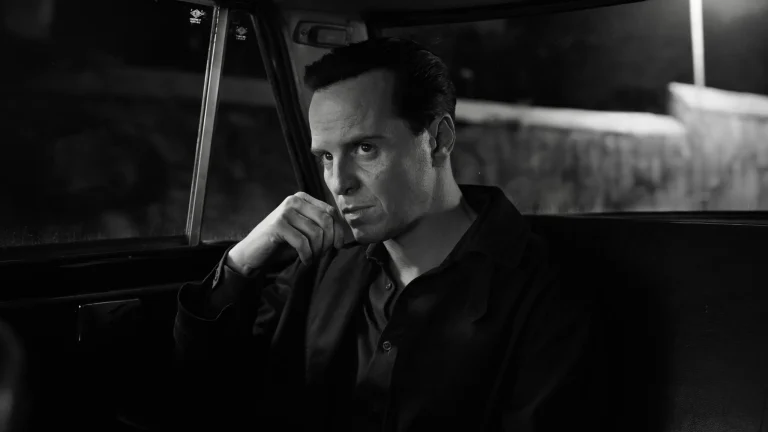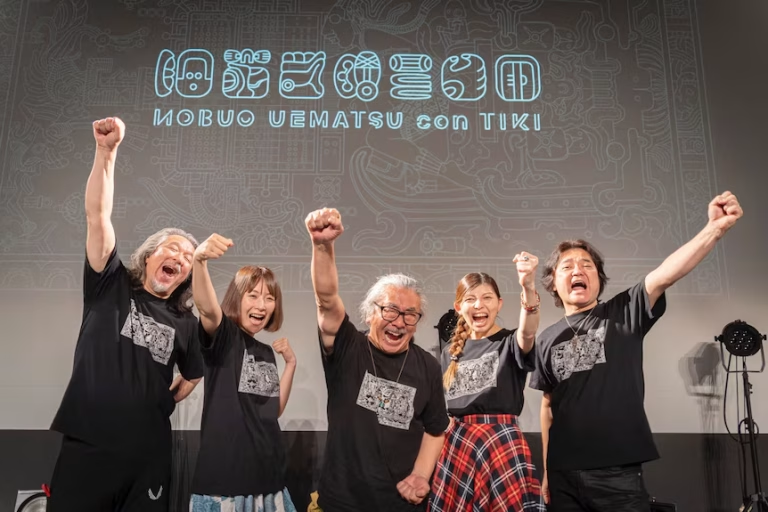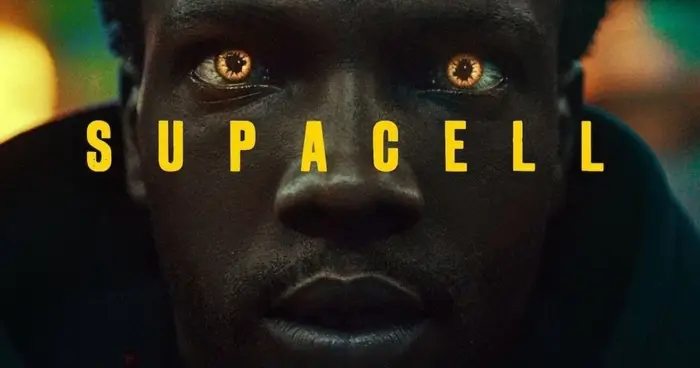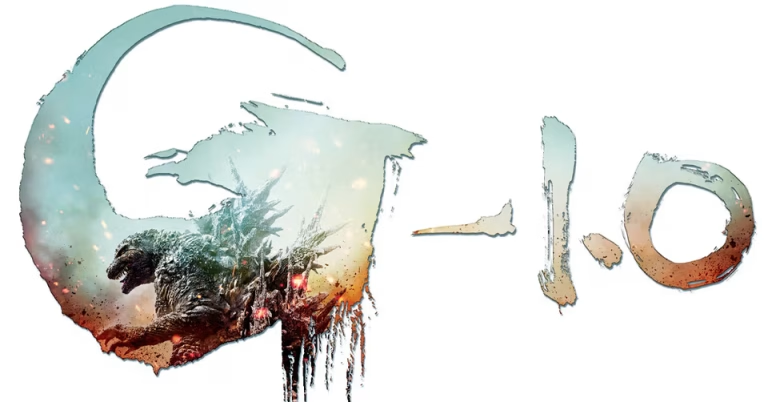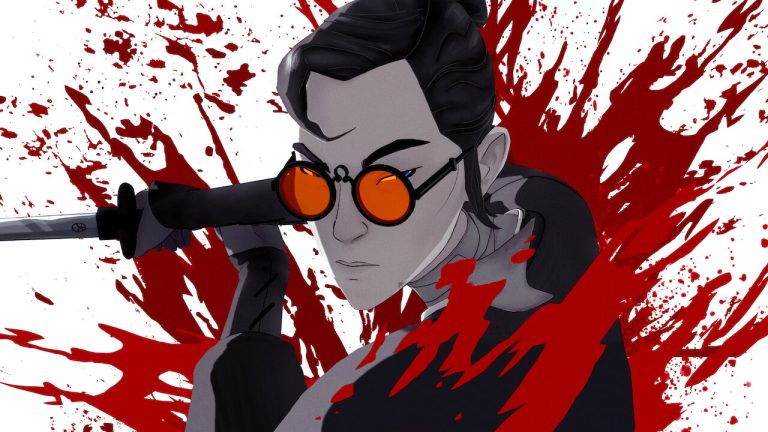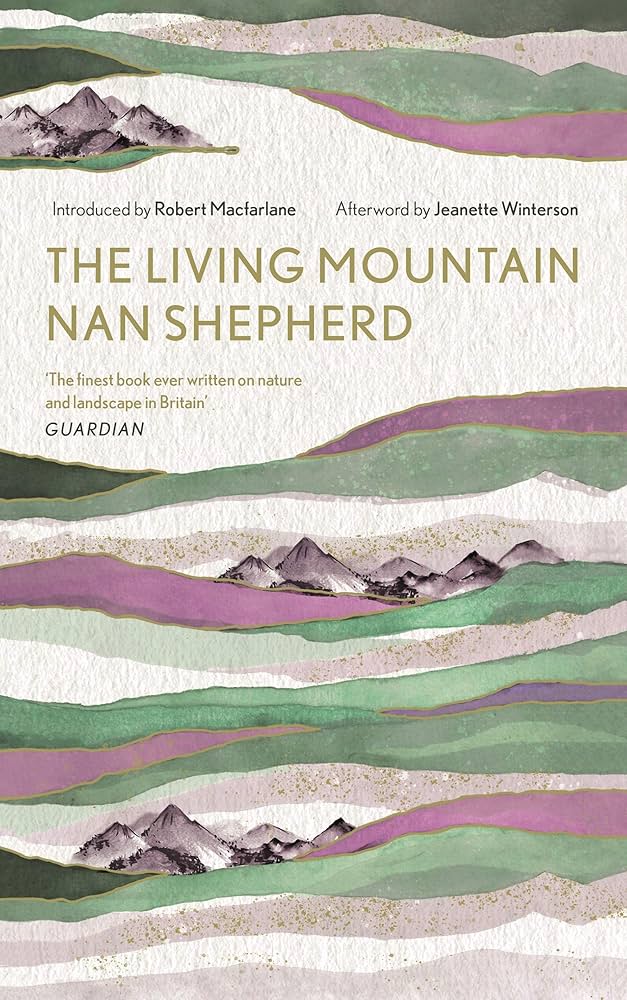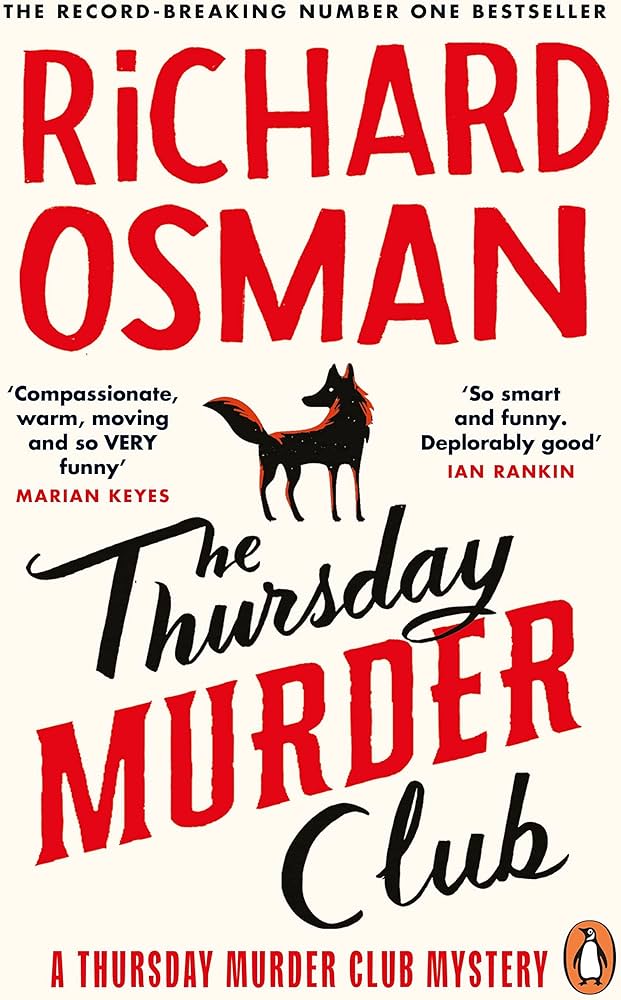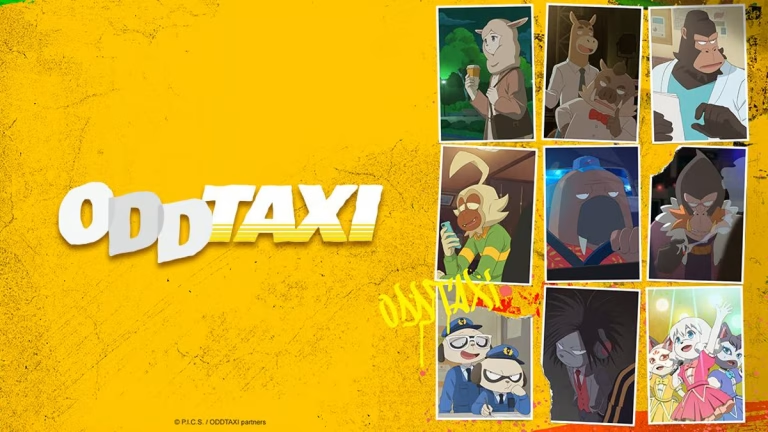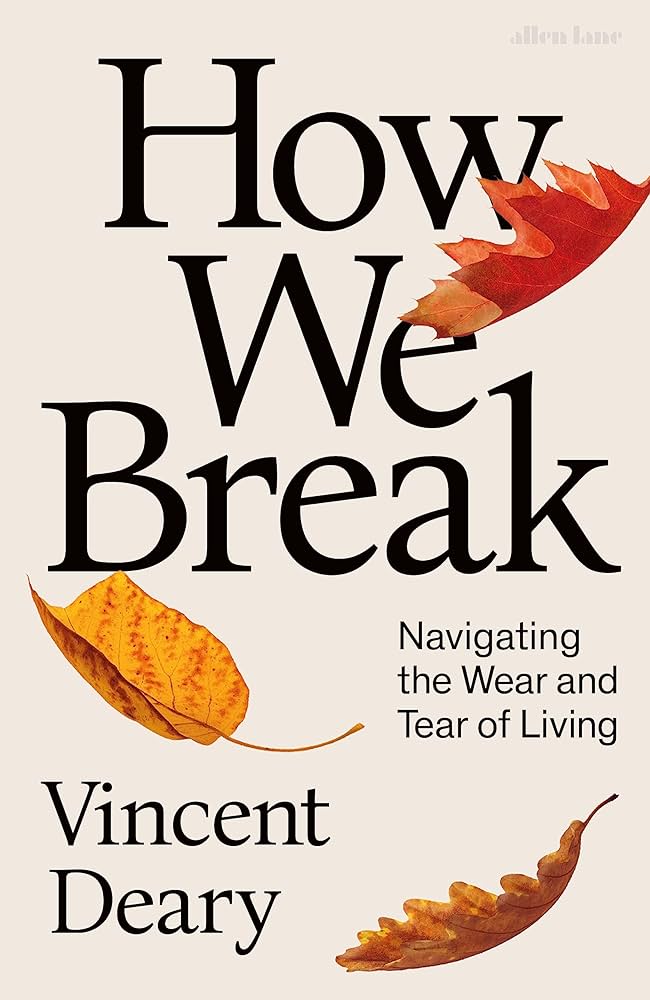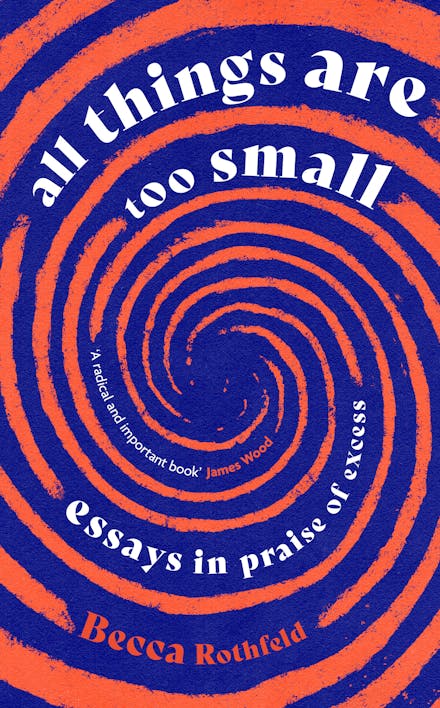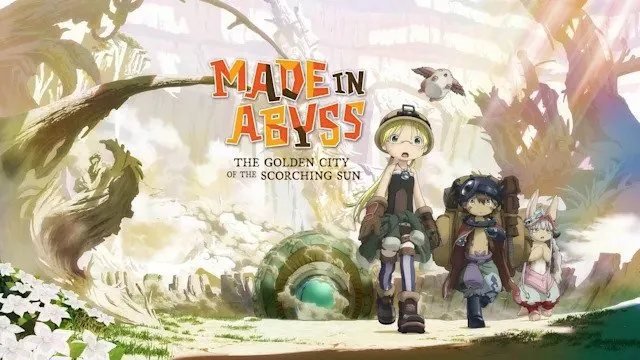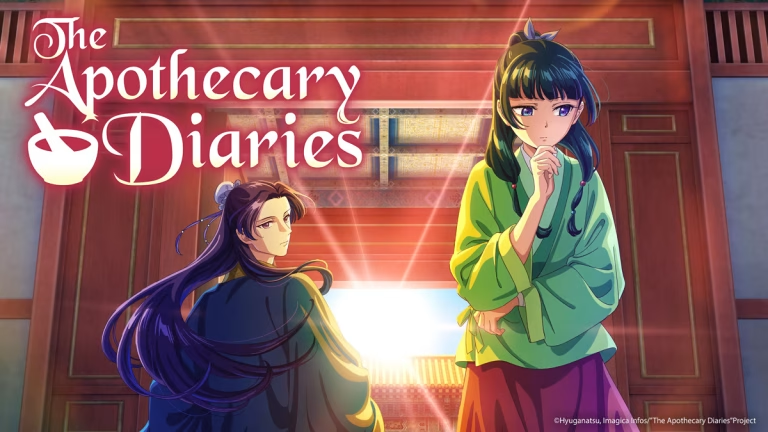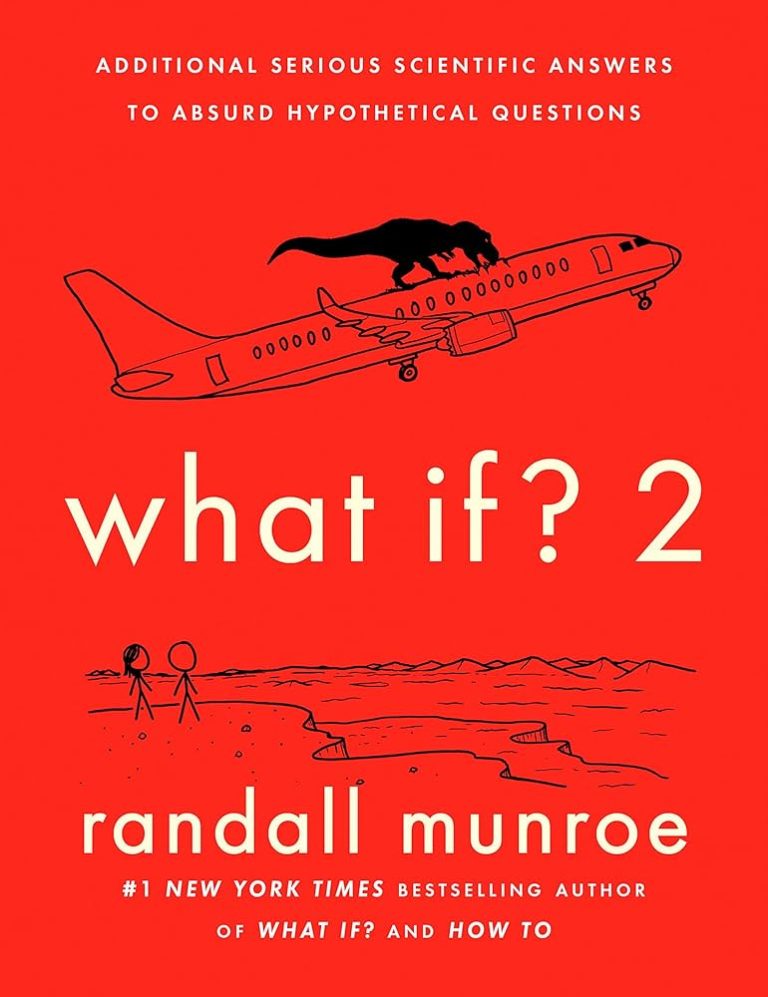A genius tactician from the Three Kingdoms era arrives in modern day Shibuya to help an aspiring pop artist. Brilliantly fun.
🙆
The Details, Ia Genberg
Stunning writing; these long, beautiful sentences that in the hand of a less skilful author (and indeed, translator) would be pure hell but here just work so well.
Asa, Imamura Natsuko
A haunting and beautiful collection of short stories that explore the gaps between the real, the imagined, the mundane and the surreal.
Jellyfish Can’t Swim in the Night, season one
Beautifully animated and drawn. It’s very much “cute girls doing cute things” but there’s a real passion and charm to this series that sets it apart from many others of its ilk.
Cherry Magic, season one
The first BL anime I’ve watched, and found it incredibly charming and sweet. It hinted at the ongoing discrimination and barriers queer folk in Japan face but I think wasn’t concerned about fully exploring this, which is a shame, but not surprising.
Spice and Wolf, season one
Economics! Wolf God! Simmering tension between the two leads. Fantastic. A little uneven episode to episode, but it ends quite strongly.
Chainsaw Man, season one
I finally watched this, afraid that it wouldn’t live up to the substantial hype. But I enjoyed it.
Negative Positive Angler, season one
A beautiful story about finding value in life and finding one’s people.
Creation Lake, Rachel Kushner
An absorbing meditation on the world and what it might take to change the world (as well as the forces that protect the status quo). Brilliant.
Dandadan, season one
One of my favourite things from 2024. Adored this. Bizarre, funny, amazing art, kicker op.
The Substance, Coralie Fargeat
Holy moly. What an experience. A testament to the power of cinema. Shocking and subversive and important.
Show Me the Bodies, Peter Apps
A stunning and vital piece of journalism. The sheer failure of the state to protect its citizens is appalling, as is the indifference shown to the victims and survivors. Shame on the UK gov, the council in question and all those who sought profit over safety.
Aqua Trope on White Sand, season one
A beautiful and gentle series. Very much cute girls (and a few token boys) being cute, but with penguins and other sea critters. Surprisingly nuanced in parts about the role and value of aquariums.
Taskmaster New Zealand, seasons one and two
An excellent version of Taskmaster, and one that I find much more enjoyable than the Australian variant. Our Kiwi cousins have an excellent sense of humour.
Ripley, season one
Andrew Scott is thrilling, charming, disturbing, human and monstrous all in equal measure in this excellent adaption. Also, Italy is very beautiful.
Nobuo Uematsu conTIKI
A fantastic night of music; the crowd absolutely loved every moment. I was expecting to prefer the Final Fantasy music but I found myself completely enthralled by the original music, especially this completely addictive number. Given his age, I felt very lucky to be able to see him!
Supacell, season one
I don’t often love superhero stuff, but this smart, modern take was stylish, fun, and well-paced. Perhaps I just don’t want to see generic US superhero stuff?
Godzilla minus one, Takashi Yamazaki
A strange movie at times both tonally and pacing-wise, but the movie hits hard and delivers what it promises.
Blue Eyed Samurai, season one
A fantastic, thrilling and thoroughly over the top animated series that feels like a love letter to anime and all things samurai. Fun.
The Boyfriend, season one
A fantastic moment in queer representation from Japan, a country that, sadly, still does not allow same sex marriage. Handsome men, lovely setting, vulnerable and open conversations? Excellent.
The Living Mountain, Nan Shepherd
A beautiful book; some of the finest writing on nature I’ve had the pleasure to come across. It is impossible to read this and not want to know the Scottish mountains in the same way Nan herself knew them.
Odd Taxi, season one
An excellent drama, with a few moments that were stunning moments of story-telling.
How We Break, Vincent Deary
A wise and beautiful book from Deary—his voice and prose was lovely, and the book’s thoughtful and kind exploration of our natural fragility to be deeply necessary.
Butter, Yuzuki Asako
A thrilling mix of food, gender and identity politics, Japanese culture, and self growth. A longer read, but golly, one I enjoyed every page of.
All Things Are Too Small, Becca Rothfeld
One of the best essay collections I’ve read. Rothfeld’s writing is incredible and compelling. The central thesis of the book is one that I found provocative and compelling and has be considering my relationship with minimalism. I will say, though, the essay on mindfulness and meditation felt substantial worse than the others, and Rothfeld herself commits many of the things she later criticises of other authors in her essay on consent. Still, highly recommended.
Made in Abyss, season two
Heart breaking, beautiful, funny, deeply distressing. A powerful combination of juxtapositions.
The Apothecary Diaries, season one
Sometimes I panic when I realise a season has 22-24 episodes instead of just the usual 12-13. Not in this case. I galloped through this, inhaling deeply and enjoying my time with it immensely.
Dawn of the Deep Soul, Kojima Masayuki
Few series pull off the tricky combination of very cute aesthetics with deeply disturbing existential terror. This movie in the Made in Abyss world manages to exemplify the appeal of the series, while telling a tight and affecting story.











